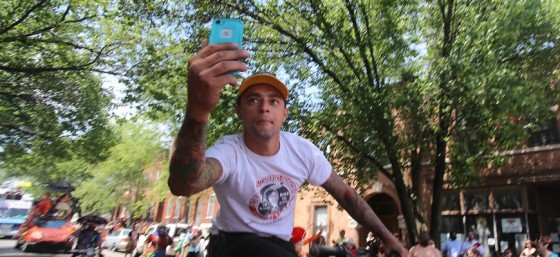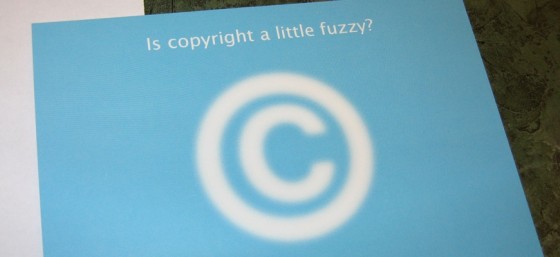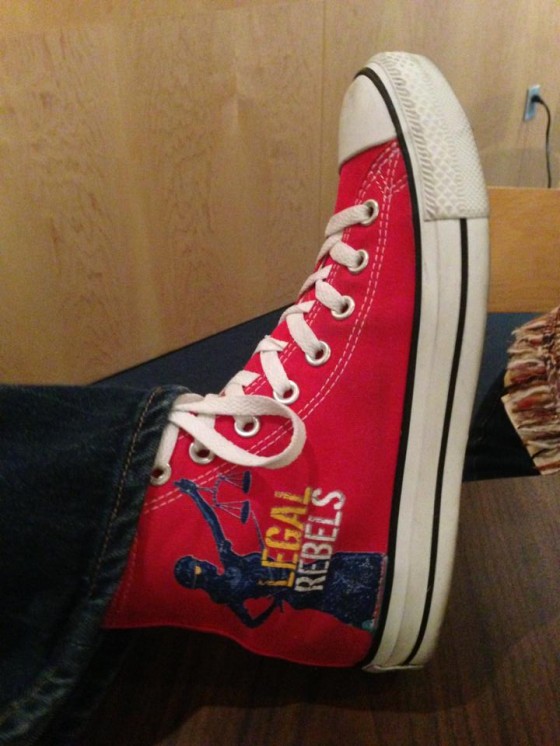
It was recently announced that Sir Paul McCartney filed papers in the United States to reclaim the rights to 32 songs from The Beatles’ catalog. The rights to these songs are currently owned by Sony. Yes, there is a provision (call if a loophole if you will) in the U.S. Copyright Act that allows for this.
How the Rule Works
This is a rule that applies to all creatives, not just a rule that applies to the rich and famous. You can look it up at 17 U.S.C. § 203 if you want to read it for yourself. The purpose of this rule is to five an author a “second bite of the apple” to those who may have granted a copyright transfer or license that they later regret. It protects people from being taken advantage of.
Here’s how the rule works: 35 years after the copyright assignment or license was granted or 35 years after the work was published, the author(s) can send notice to terminate this transfer or license and reclaim their rights. There’s a relatively small window in which an author must send the notice of termination with the effective date. A copy of this notice must be filed with the U.S. Copyright Office. If an author has passed away, whoever has the author’s “termination interest” in the work can send the notice – usually the author’s family.
There is one caveat to this rule – it does not apply to works made for hire.
Why More People Don’t Take Advantage of This
Why is this the first time most people are hearing about this loophole? Most of the time, it’s not worth pursuing.
At 35 years after a work was created, there is likely little or no money to be made off the work, so from a financial perspective, it’s not worth pursuing. If money is being made from the work, the author may be better off leaving their work in its current situation and the royalties keep flowing in. They don’t have to fix what’s not broken.
In Sir Paul McCartney’s case, he signed over the rights to his work decades ago, and yet he is still going strong as a musician. The BBC article on his bid to reclaim his rights specifically stated that he’s trying to obtain the publishing rights in his music. John Lennon’s share of the rights in the McCartney-Lennon catalog will remain with Sony.
If you signed away your copyright in a work and you wish to reclaim your rights, speak to a copyright attorney about your options. If you have questions about copyright or intellectual property ownership that you want to discuss with me, you can contact me directly or connect with me on Twitter, Facebook, YouTube, or LinkedIn. You can also get access to more exclusive content that is available only to people on my mailing list, by subscribing here.




